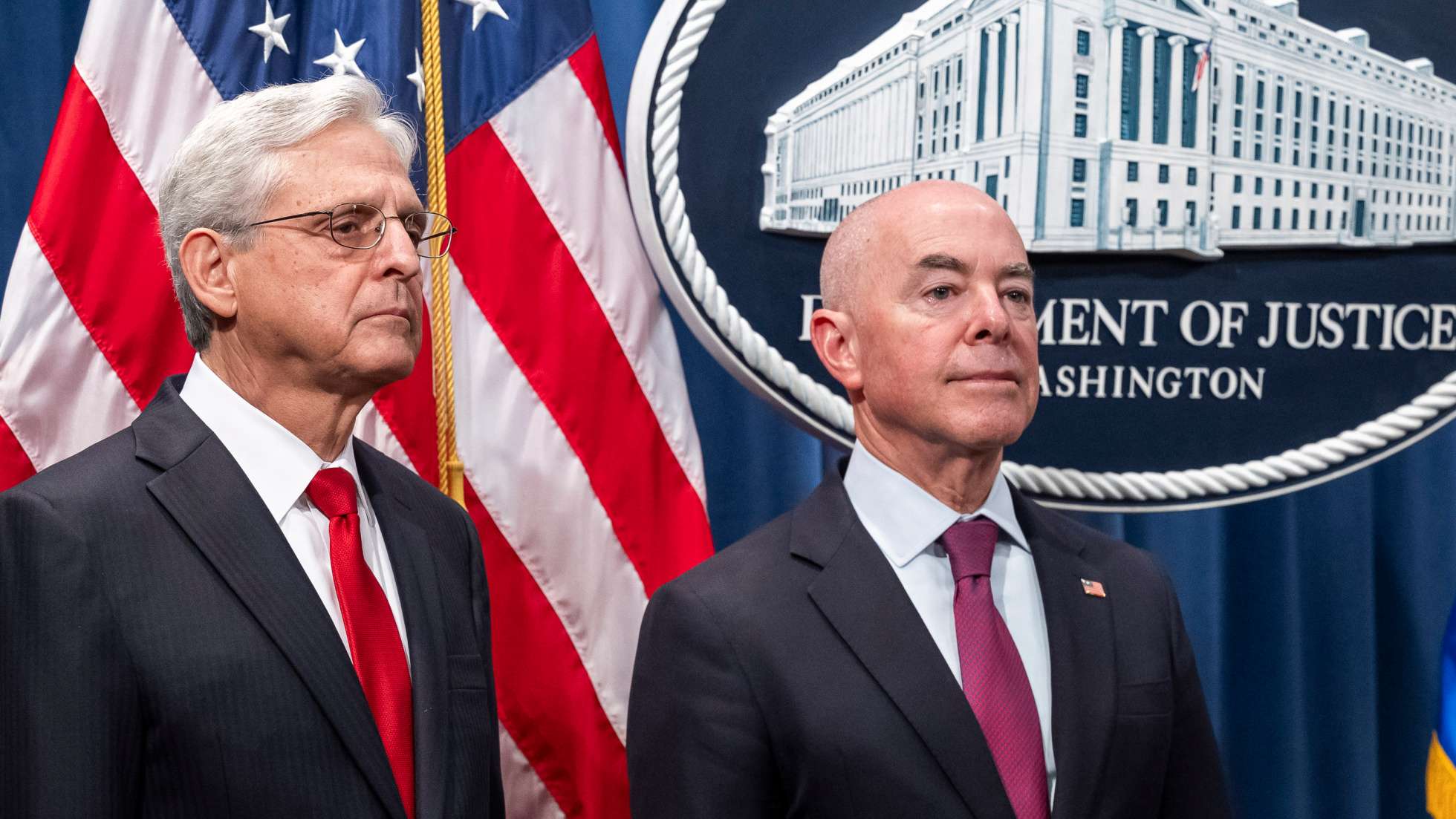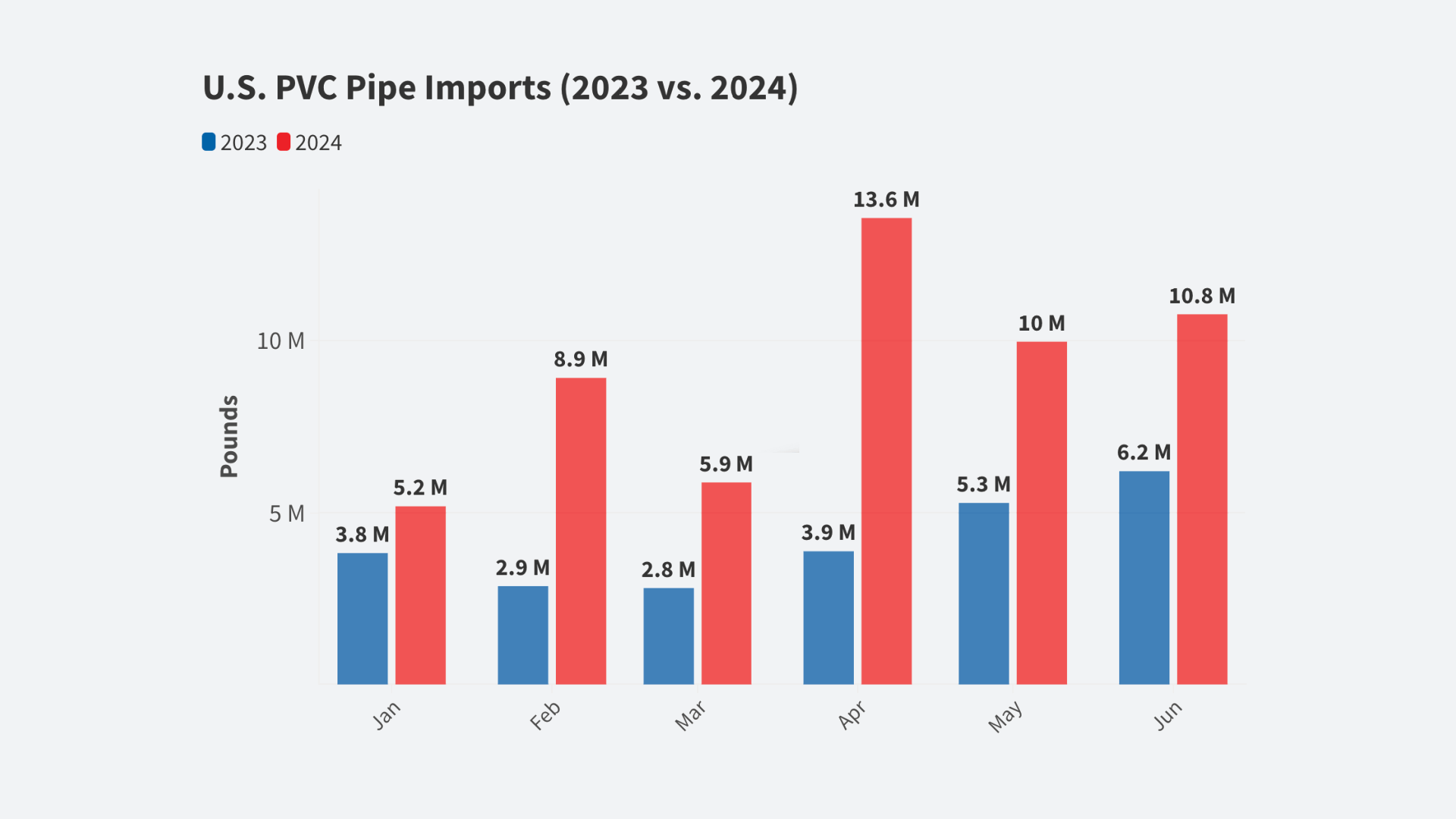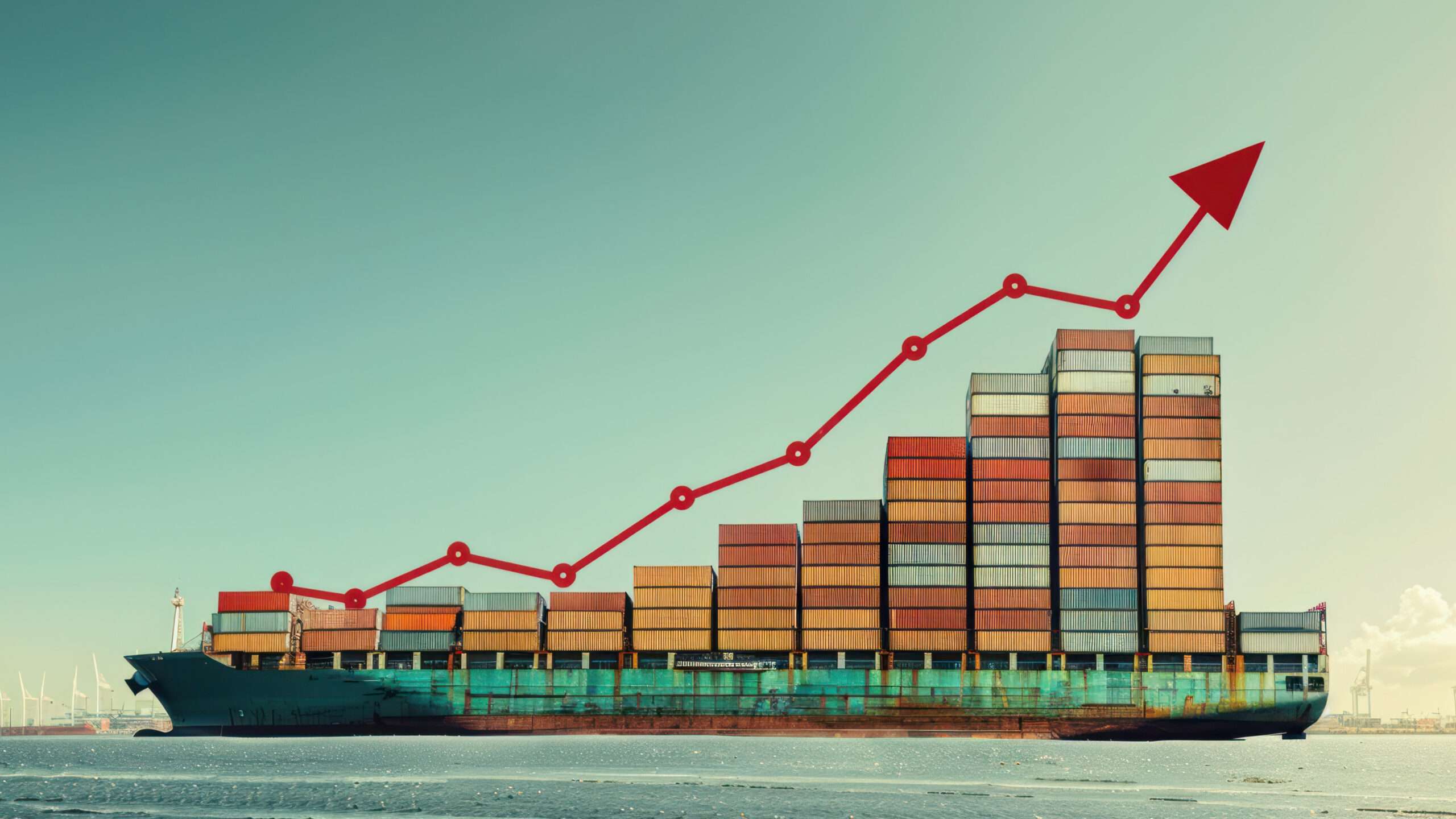by Michael Stumo
I listened to US Trade Representative Michael Froman discuss the Trans-Pacific Partnership yesterday on a business group conference call, after the US International Trade Commission report came out. Despite the fact that the report nullified Froman’s entire economic case for the TPP, you would never know it from his talk. Froman created a parallel universe which was enabled by the Business Forward group sponsoring the call.
The US International Trade Commission report on May 18 should crush the case for the TPP. The report shows worsening trade deficits and basically no growth or job creation which CPA outlined here. In addition, manufacturing will shrink and lose employment.
None of this was mentioned by Froman. It is true that I did not expect him to say “Upon further consideration, the TPP I’ve been negotiating for years is actually a bad idea.” But Froman kept pressing the case for TPP saying that it has high standards and we write the rules instead of China.
Of course, my brain was telling me “if you write the rules and we lose jobs and worsen our trade balance, isn’t that silly?”
But the Business Forward call listeners did not think like me. It was obvious they had no knowledge of the damaging USITC report and no knowledge of past poor trade agreement performance. During the question and answer session, the Business Forward call participants asked about how the TPP can help them access credit (irrelevant to TPP) and how they can counter presidential candidates who don’t like the TPP.
The reason for this lack of information is that their news sources don’t present the truth about the TPP and other trade deals. I took another look at the press information distributed by the US Chamber of Commerce, the US Trade Representative and others. They ignored the basic overall negative picture painted by the USITC report and cherry picked a few positives.
Those callers are in an information silo that creates a parallel universe of truth. Froman understands that parallel universe and played to it.
CPA’s information has helped delegitimate the TPP based upon facts. But it is a bit shocking at times to see the fictional universe occupied by otherwise smart people.
Update: A PoliticoPro email update today characterized Froman’s comments in the Business Forward call in this way.
FROMAN FIRES BACK: U.S. Trade Representative Michael Froman continued his effort to capitalize on the ITC report. Speaking to business owners by telephone Thursday, the top U.S. trade official pointed out that the independent commission “conservatively” estimated the TPP would boost both U.S. exports and national income by $57 billion by 2032 – gains that would continue annually.
“This was really the president’s direction, to make sure we’re doing trade right,” Froman said. “And that meant making sure the trade agreement worked for American workers, and we think we’ve achieved that in this agreement.”
The ITC estimated the pact would increase gross domestic product by $42.7 billion by 2032, a 0.15 percent gain, and employment by 128,000 full-time equivalents, a 0.07 percent rise. While critics were dismissive of the small GDP growth, Froman said the study focused heavily on tariffs and didn’t project the economic benefits of other major parts of the agreement, including rules on state-owned enterprises, labor and the environment.
The report also didn’t measure the geostrategic and national security benefits of U.S. leadership in a closer economic alliance with Japan and other TPP members. “It’s hard to put a quantitative value on that,” Froman said.
The reason that the USITC did not quantify the “economic benefits” of labor and environmental rules is that those are moral standards, not economic ones. They may have some economic relevance if they are enforced, but they never are enforced and the Commission can’t project enforcement.
Also, the state-owned enterprises (SOE) rules are as leaky as a sieve. The rules only impact future SOE’s where a majority of the ownership is held by the TPP national governments. The TPP will not impact pre-existing SOE’s, those run by local or provincial governments, or those that are controlled or influenced by governments but do not have majority government ownership. Any first year law student could get around those rules, assuming they are enforced and not otherwise evaded.













